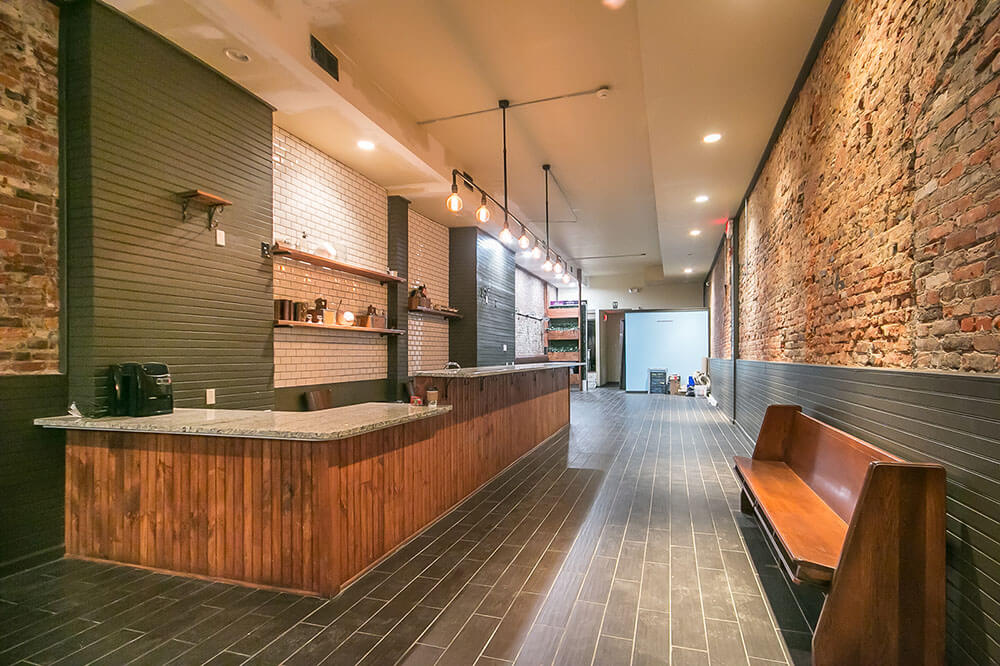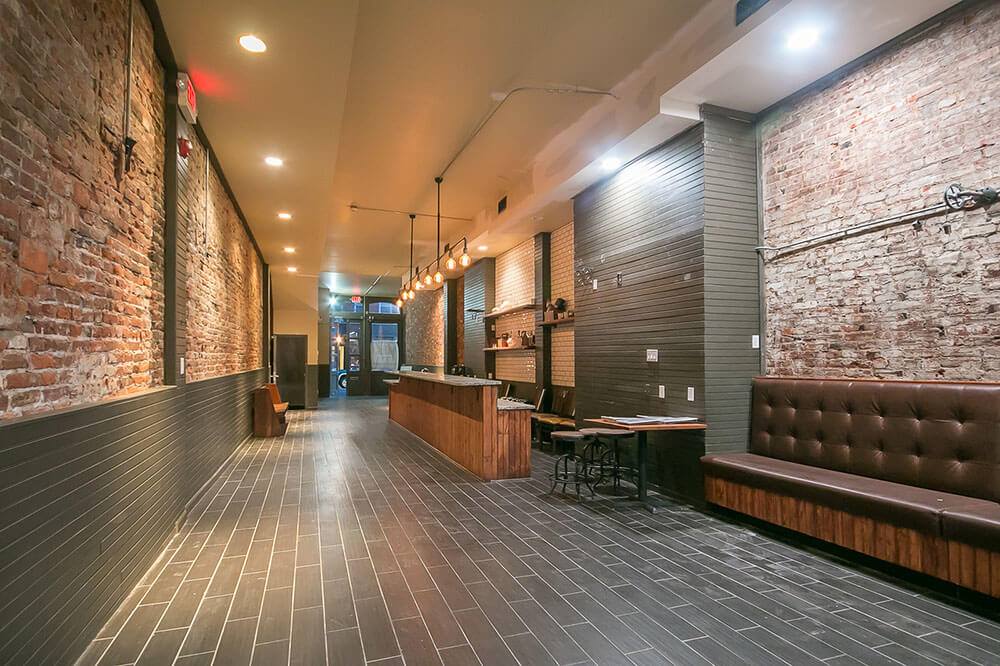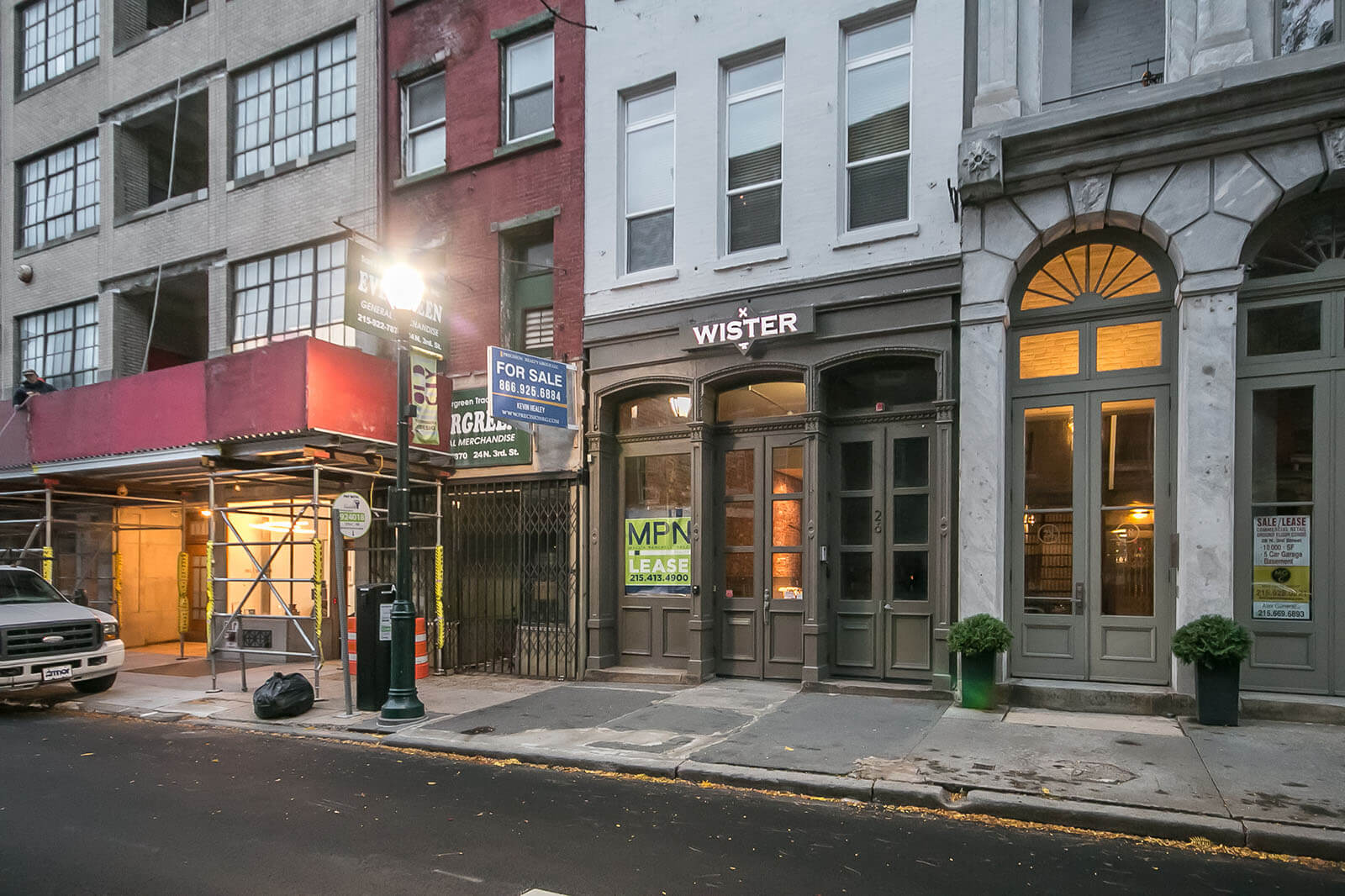Restaurant owners are struggling to stay in business after months of closures and restrictions related to the COVID-19 pandemic. Many are not seeing enough income to justify staying open. In a twist surprising to many real estate agents and investors, some landlords are refusing to give their tenants rent relief, opting to let restaurant space stay vacant, rather than try to recoup what they can from their tenants.
Landlords Lose Money When Restaurant Properties Sit Vacant, So Why Not Give Rent Relief?

This is impacting restaurants in cities across the country, including Philadelphia. Locally, we have seen long-time staple High Street on Market close its Old City business in July because they were unable to keep up with rent payments. Last year, their rent went up by $5,000 per month, and the restaurant was unable to generate enough income to keep up with their increased payments during mandated closures. High Street paid its rent in full through August and has since vacated the space.
WHY WON’T LANDLORDS HELP?
It is surprising that many landlords do not want to negotiate partial payments, as the probability of finding a new tenant willing to pay more during the height of a pandemic seems unlikely.
There are several factors that impact a landlord’s ability or willingness to help, such as the landlord-tenant relationship, the landlord’s financial position, and the landlord’s perceptions about the industry’s future. Typically, bigger developers with bigger amounts of capital have a greater ability to be flexible. Smaller landlords with less properties in their portfolio may not have the reserves in place to risk vacancy, and often have closer relationships with their tenants and are willing to be more accommodating. Companies with mid-size property holdings tend to be where the most problems are seen.
Some landlords see the COVID-19 pandemic as an opportunity to get rid of poor-performing restaurants and renegotiate more attractive lease deals. This is common in gentrifying neighborhoods, where landlords may have locked in long-term lease agreements that were favorable for tenants than they were for landlords. As the neighborhoods have evolved, market rents have increased, and landlords feel they now have the ability to command higher rents, even if they have to let a property sit vacant for a few months until they get a better deal in place.
Not all landlords are being bad guys. Many want to maximize their chances of getting the most income possible out of their tenants and are trying to work with them as best as they can. This is happening by either offering reduced rent, extended payment deadlines, or both.
Unfortunately, there are also landlords who want to help their tenants but are not in a place to do so. The biggest reasons that this can happen is that the landlord either has low reserves, or a covenant with their mortgage company that forbids the landlord charging rent below a certain figure.
MPN Associate Joe Scarpone weighs in on why landlords should work with their restaurant clients right now. “Restaurants provide several functions for real estate other than a source of income to a landlord. They bring energy to a neighborhood and a sense of community. Some high-profile names are also a draw for landlords to bring residential renters to their property, so it is always in their best interest to work with restaurant owners in this unprecedented time to help them survive.”

NAVIGATING THESE UNCERTAIN WATERS
As restaurants continue to close, the flip side is that down the road, there will be a mounting number of vacant spaces, which landlords will need to offer at a steep discount in order to get tenants in place.
When asked how MPN is helping its clients in this industry right now, Scarpone says, “We have been working with our landlord and restaurant clients, trying to advise both sides on how to weather this storm by coming up with ideas that benefit both.”
Scarpone continues on, “This is going to influence how restaurant operators and landlords structure their lease agreements in the future. I am sure operators are going to be looking to clarify and expand their Acts of God and the Business Interruption clauses in leases moving forward.”






